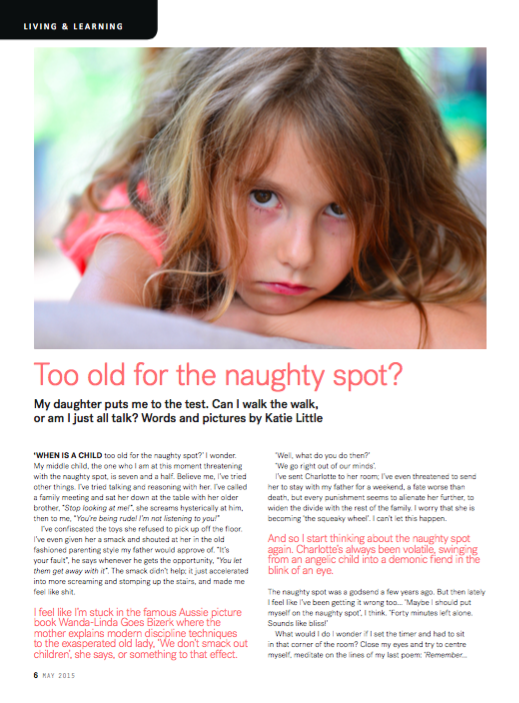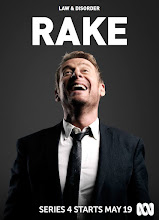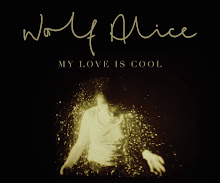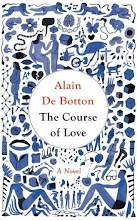 |
| 'Dahlias and Apples' Margaret Olley |
In my first blog about Major Tarot card The Empress I explained that she is the creator, the archetypal mother figure who brings life and creativity into the world, who manifests our desires and dreams.
I find it fascinating to learn how people create and always read with interest how writers put words onto paper. Graham Greene, considered one of the greatest writers of the 20th century was bi-polar and suffered for his art, telling his wife he had "a character profoundly antagonistic to ordinary domestic life", but that "unfortunately, the disease is also one's material". He wrote over 25 novels in his life, an amazing accomplishment. Every day he wrote for an hour, come hell or high water, it didn't matter what he was going though - life may not have come easily for him but it appears his writing did, his journals were devoid of error, his handwriting steady and sure, the stories told from start to finish, transmuted into published books with barely a correction.
On Sunday afternoon I caught a documentary on Margaret Olley, probably my favourite Australian painter. Someone being interviewed told the camera he had hoped to get to know Olley and pictured her painting serenely in her studio, working on one masterpiece at a time. But he was shocked to find her creative style mirrored her personality - full of energy - an unstoppable joie de vivre, vivacious and delightfully eccentric. She had several paintings on the go and moved between them, focusing only on the little cleared spaces where she'd set up arrangements of fruit and flowers to study in paint, for all around her was chaos. She had neither the time nor the desire to clean, all she enjoyed doing was painting and that was all she wanted to do. The births of some paintings came more easily than others she said, but the unfinished or difficult ones she thought of as stepping stones, there was often something she needed to learn from them before she could move onto an easier one.
 |
| Margaret Olley's home and studio |
Jon Ronson humorously described what it was like for him as a journalist, stepping out into the naked, boundless arena of fiction writing for the first time when collaborating on the screenplay 'Frank' that was made into a movie starring Michael Fassbender:
'It was the opposite of journalism. In journalism you write what's unfolding in front of you. Journalism is a game with rules. In journalism what's acceptable is what's happened, and what's not acceptable is what didn't happen. But with fiction comes a daunting infinity. I remember staring blankly at Peter the first time he patiently said to me, 'It doesn't matter that it didn't happen. We make it up.'
Fiction seemed all about harnessing infinity.'
The Empress will always be there for us. Surrounded by healing cards such as The Star she reminds us to replenish our own creative wellspring, or with The Fool she invites us close our eyes, reclaim our innocence and take a leap of faith. Surrounded by 'negative' cards such as The Devil or in my deck the Eight of Swords, she can warn us to check that our creative tank isn't running on empty. Take time to replenish ourselves in nature, listen to music, take in a bit of culture or craft, or just spend some time alone, stop propping ourselves up with quick-fixes and bad habits - cigarettes, coffee, wine and television. Remember that the creative force within us, which lies at the heart of everything we do, sometimes needs a little nurturing herself. So take the time to stop and smell the roses - The Empress is always depicted in a beautiful garden, so you can be sure that if you take her advice the fragrance will be magnificent.

















